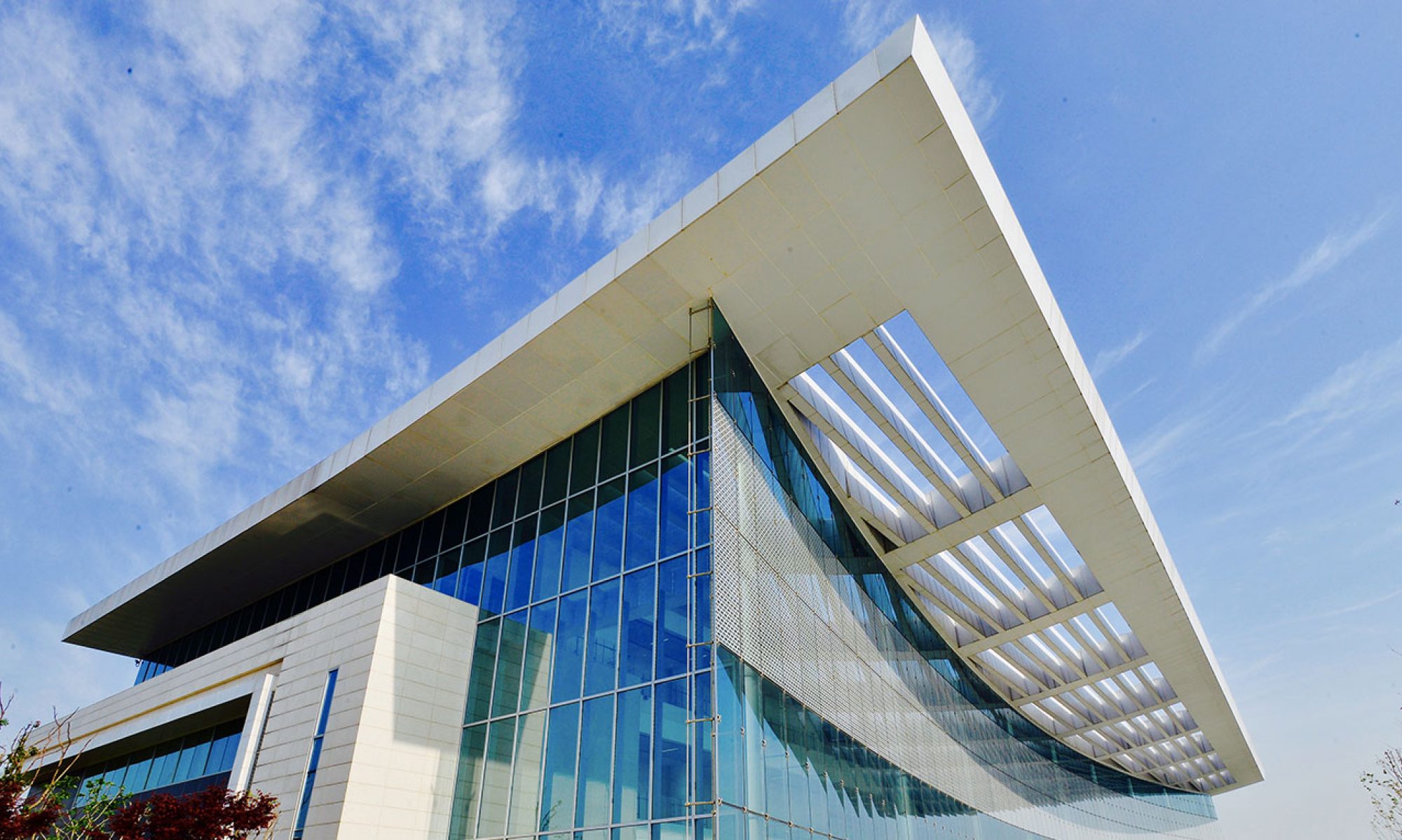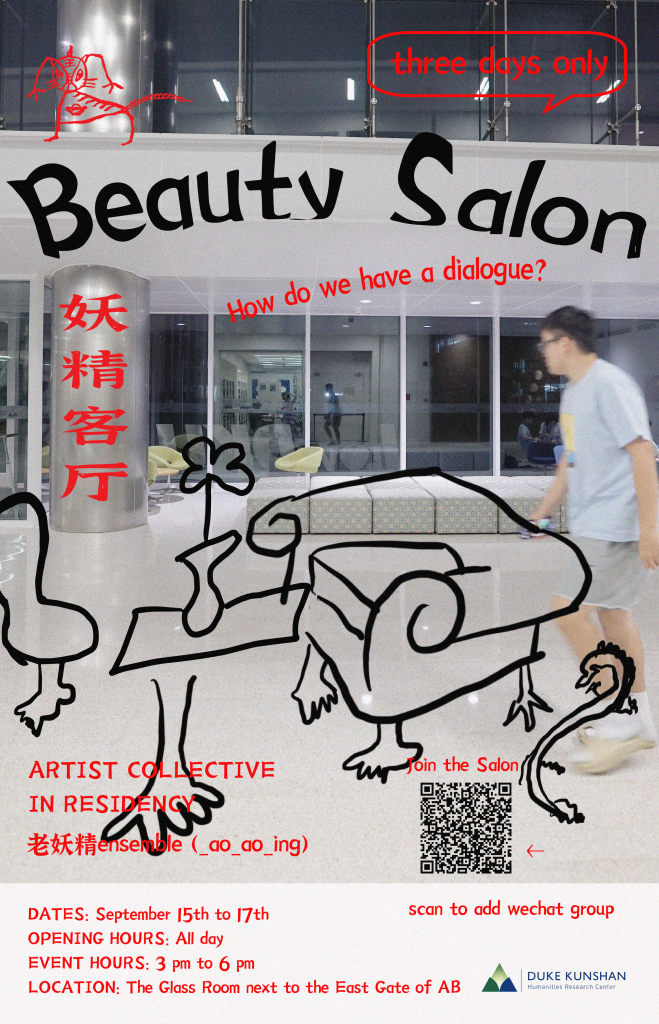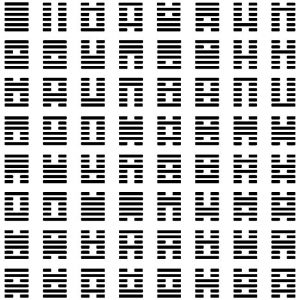What is a thing? What is an object? These seemingly simple yet profoundly complex ontological questions have been explored by artists and thinkers across culture and time. In the specific setting of contemporary exhibition making (a specialty of MACHANG for almost a decade with the booming contemporary art scene in Shanghai and in China at large), what matter matters in an art exhibition? What does not? What matters before the installation of an exhibition and after its show time is over? What do we do with the materials left behind an art exhibition – the frames, pigments, dry walls, etc. – other than throwing them in the garbage and turning them into waste? How might we archive these things before and after their use value has been exploited?
CALL FOR PROPOSALS Continue reading “Call for Proposals from A Library of Things at MACHANG is seeking proposals for an upcoming three-week residency at MACHANG”




 We use artistic intervention on the glass architecture itself to create a colorful and warm barrier. In Spring 2021, we’ve “turn the cage into a bird” by hanging a mixture of twines and yarns to divide the outer area of the Water Pavilion into 5x10cm intervals, which could effectively create a friendly alert to the avian visitation.
We use artistic intervention on the glass architecture itself to create a colorful and warm barrier. In Spring 2021, we’ve “turn the cage into a bird” by hanging a mixture of twines and yarns to divide the outer area of the Water Pavilion into 5x10cm intervals, which could effectively create a friendly alert to the avian visitation.  The latent fluidity of the drooping yarns echoes the near-water position of the Water Pavilion, which might make the architecture and its natural surrounding a unity not by transparency but interference.
The latent fluidity of the drooping yarns echoes the near-water position of the Water Pavilion, which might make the architecture and its natural surrounding a unity not by transparency but interference.
 The Humanities Research Center is pleased to announce the launch of a musical research project, To the Fleeting Water Say, under the direction of global fellow Maximiliano Amici.
The Humanities Research Center is pleased to announce the launch of a musical research project, To the Fleeting Water Say, under the direction of global fellow Maximiliano Amici.